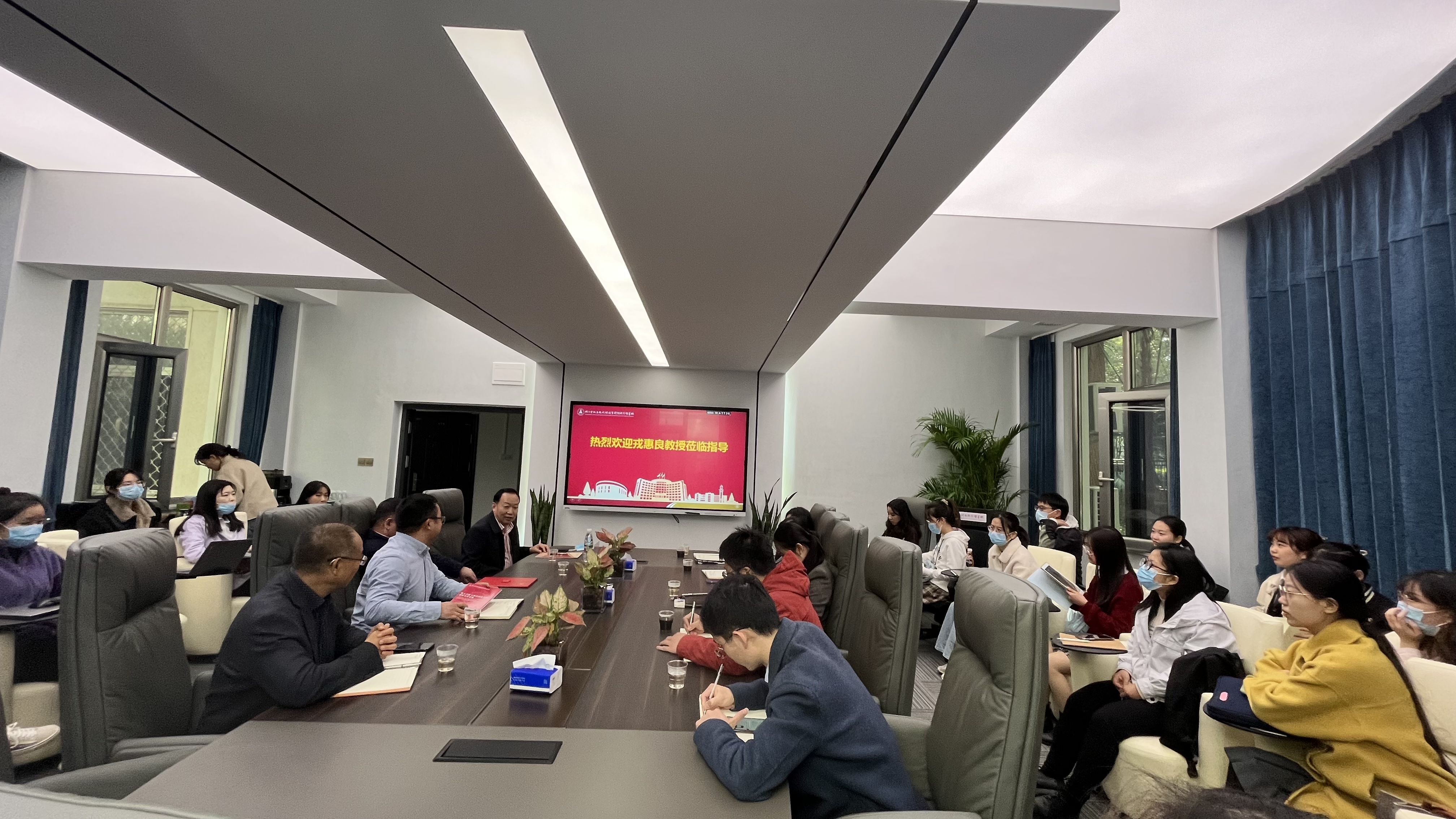
  The 23rd Xi Xian Forum on Income Distribution and Public Finance, co-organised by IIDPF and the Institute of Public Finance and Taxation, was successfully held on the afternoon of 18 November 2021 in Conference Room 119, Wenqin Building. Professor Rong Huiliang, an invited researcher from the Chinese Academy of Social Sciences and policy advisor to the Huizhou Municipal People's Government, was invited to deliver a keynote speech on "Common Wealth: The Main Features of Chinese Modernisation" as the guest speaker. The forum was chaired by Professor Lu Yuanping, Executive Director of IIDPF, ZUEL, and attended by more than 40 students and faculty, including Professor Yang Canming, President and Zhongnan University of Economics and Law and director of IIDPF, Professor Sun Qunli, Deputy Director, and all researchers.
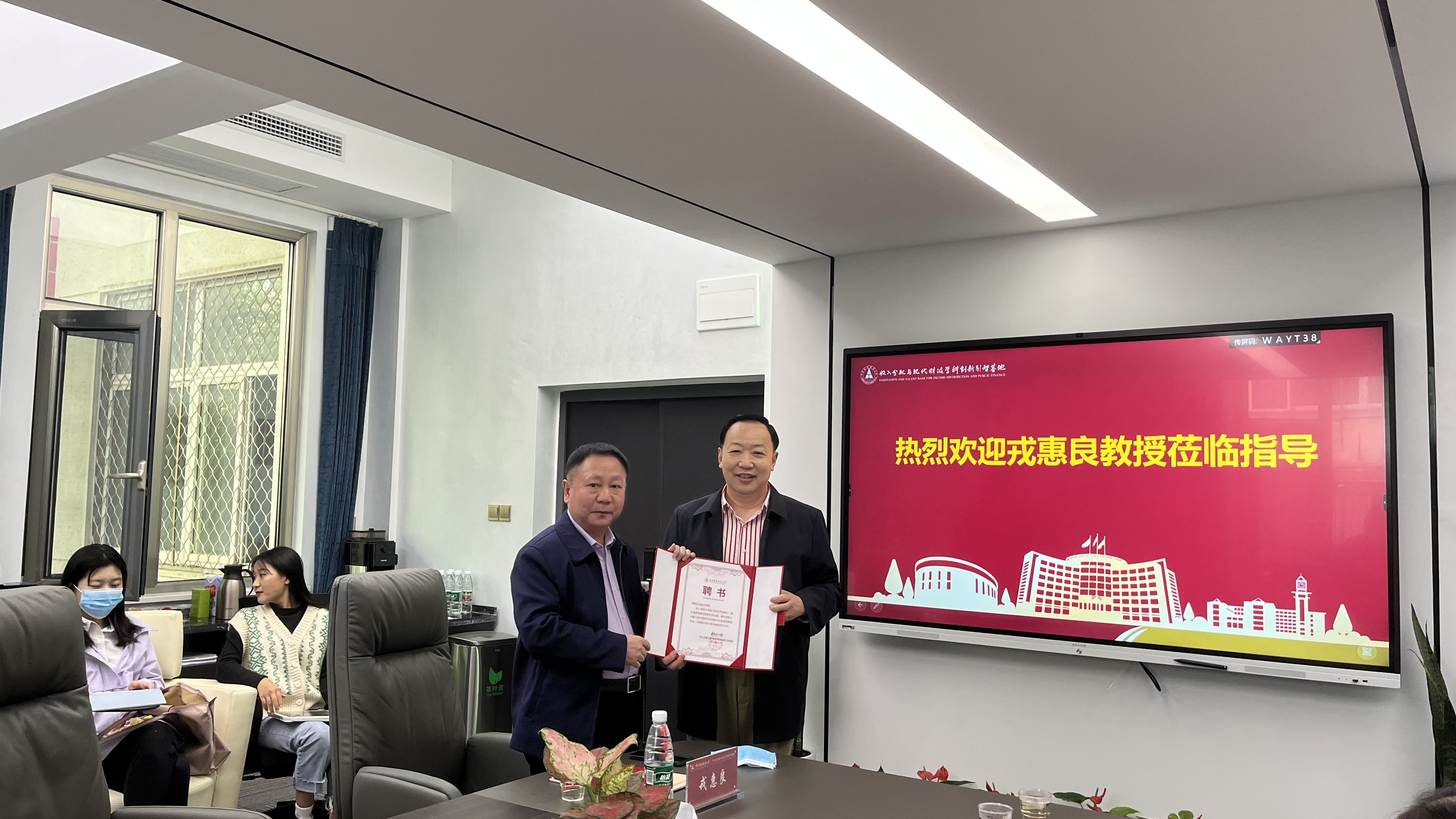
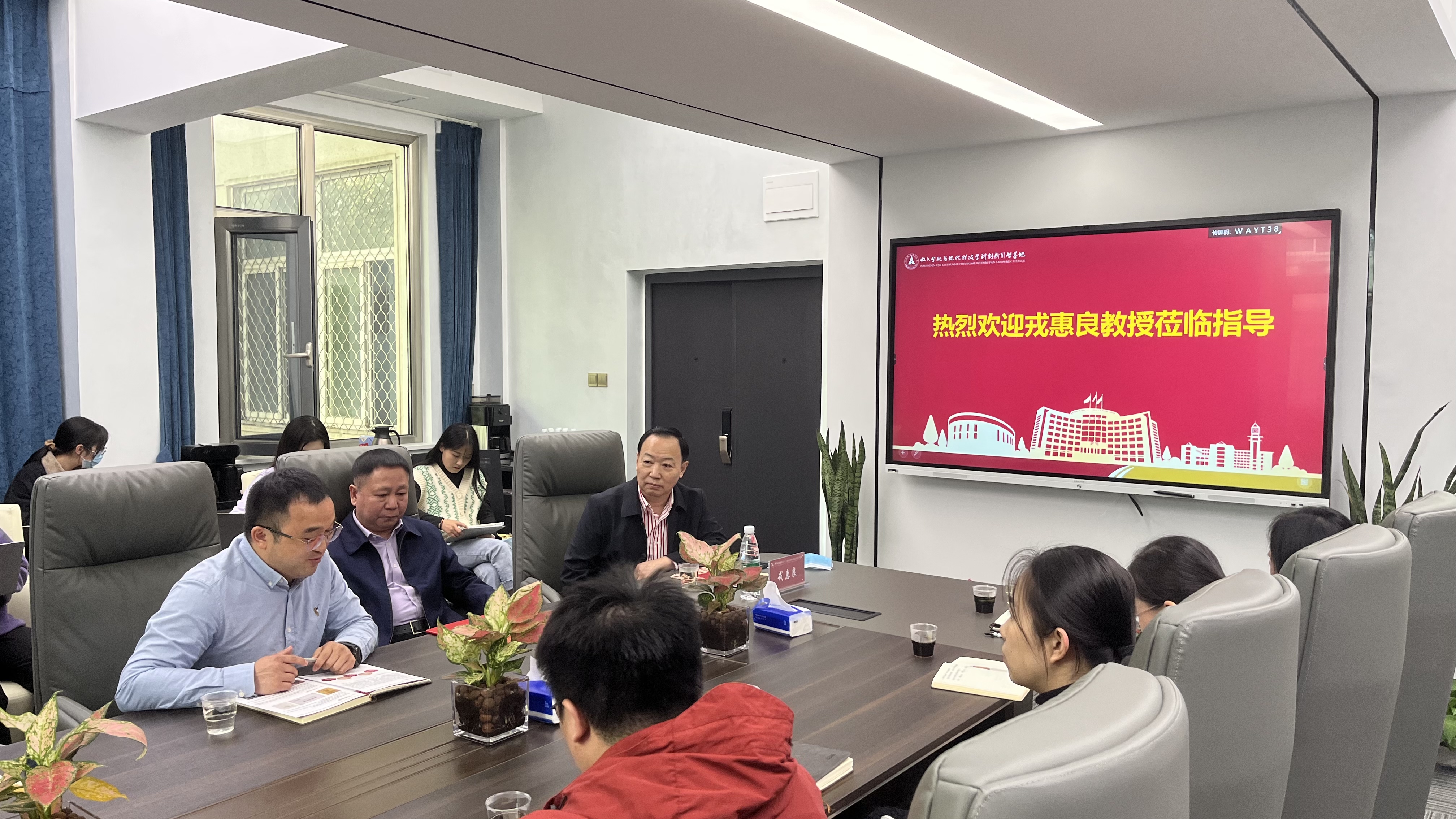
  The presentation was preceded by an appointment ceremony in which Professor Rong Huiliang was appointed as an IIDPF Adjunct Fellow and was presented with a certificate by the Director, Professor Yang Canming. In his speech, Professor Rong Huiliang firstly analysed the current reality of the global wealth gap, arguing that the world is facing the problem of income inequality and the disparity between the rich and the poor has become a global problem. Although China has won the battle against poverty last year and achieved the goal of building a moderately prosperous society, the problem of unbalanced development and the gap between the rich and the poor is still prominent in China, with large disparities between urban and rural areas, industries and regions. According to Professor Rong, the main causes of the human wealth gap are economic growth, the law of two or eight, intergenerational transmission, unlawful income and inflation. Next, Professor Rong Hui elaborated on the origin of the goal of common prosperity in China and its profound connotation, pointing out that common prosperity is universal prosperity without polarization and poverty, and can be understood and grasped from four dimensions: (1) Common prosperity is the prosperity of the whole people, not the prosperity of a few; (2) Common prosperity is the prosperity of both the material and spiritual life of the people, not mere material prosperity but spiritual emptiness; (3) Common prosperity needs to be implemented in stages and in a step-by-step manner, not "simultaneous" prosperity; (4) Common prosperity is prosperity with certain disparities, not "uniform" or "egalitarian" prosperity (to prevent "in-rolling" or "rat race").
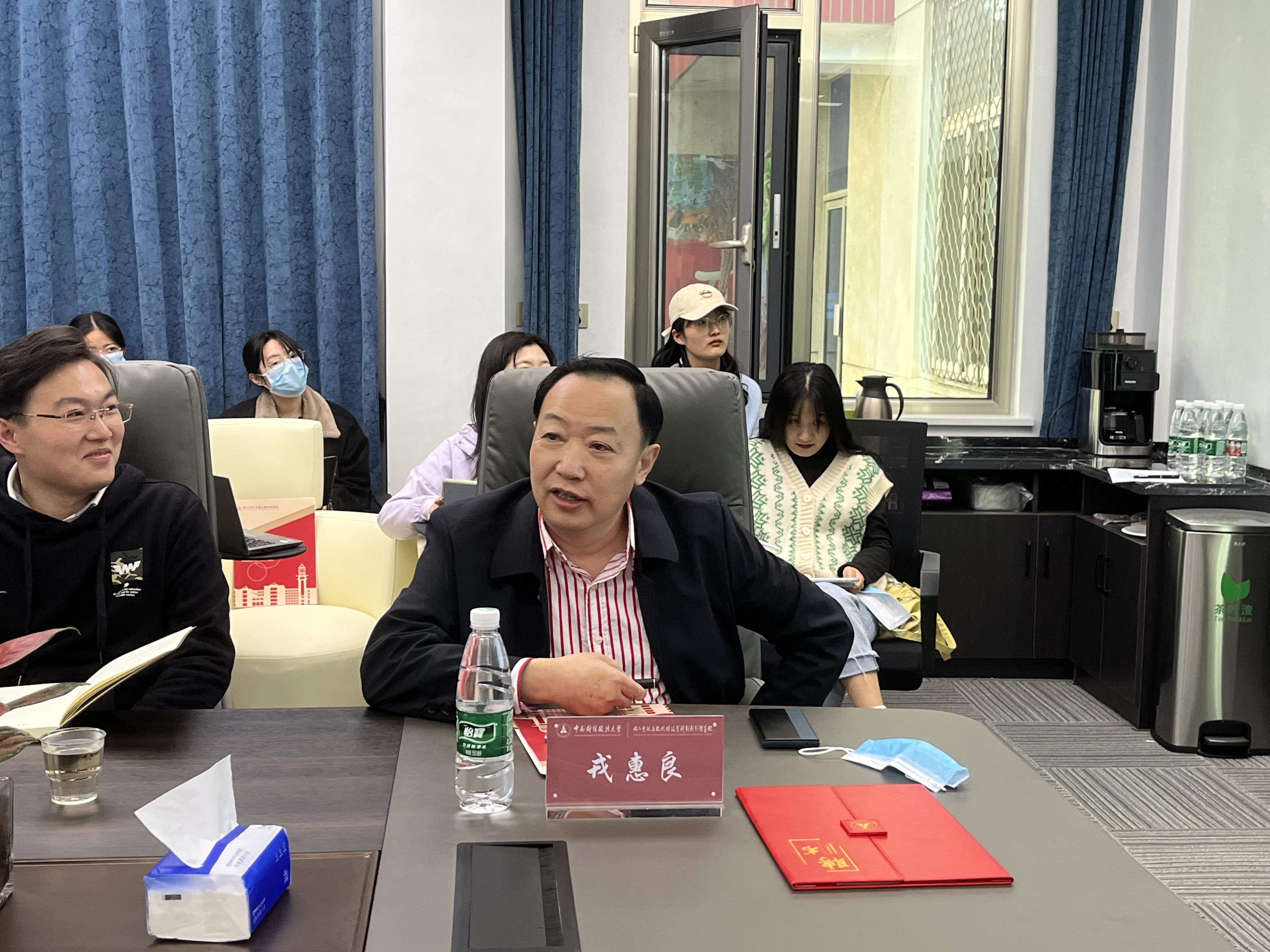
  Achieving common prosperity in China is characterised by its long-term nature, enormity and complexity. Professor Rong considers that in the process of achieving common prosperity, China should adhere to the four principles of encouraging hard work and innovation to become rich, taking the public sector economy as the mainstay, acting within its means, and implementing the strategy in a gradual and step-by-step manner; implementing the "three-step" strategy should ensure adherence to the leadership of the Party, adherence to the first priority of development, and adherence to the people as the centre. The "three insistences"; should deal with the relationship between the primary distribution, redistribution and the three distributions, the relationship between high income groups, middle income groups and low-income groups, the relationship between regions and urban and rural areas, and the relationship between the government and the market. Finally, Professor Rong Huiliang analysed in detail the experience of common prosperity in Zhejiang, taking the common prosperity demonstration zone in Zhejiang as an example. He concluded that, at a time when the gap between the rich and the poor is widening and becoming a global problem, China, with a population of over 1.4 billion, the world's second largest economy, and in the process of marching towards modernisation, will have a significant and far-reaching impact on the political, economic, cultural and social aspects of the world, and will certainly attract the attention of all countries. It will also be of great interest to all countries in the world.
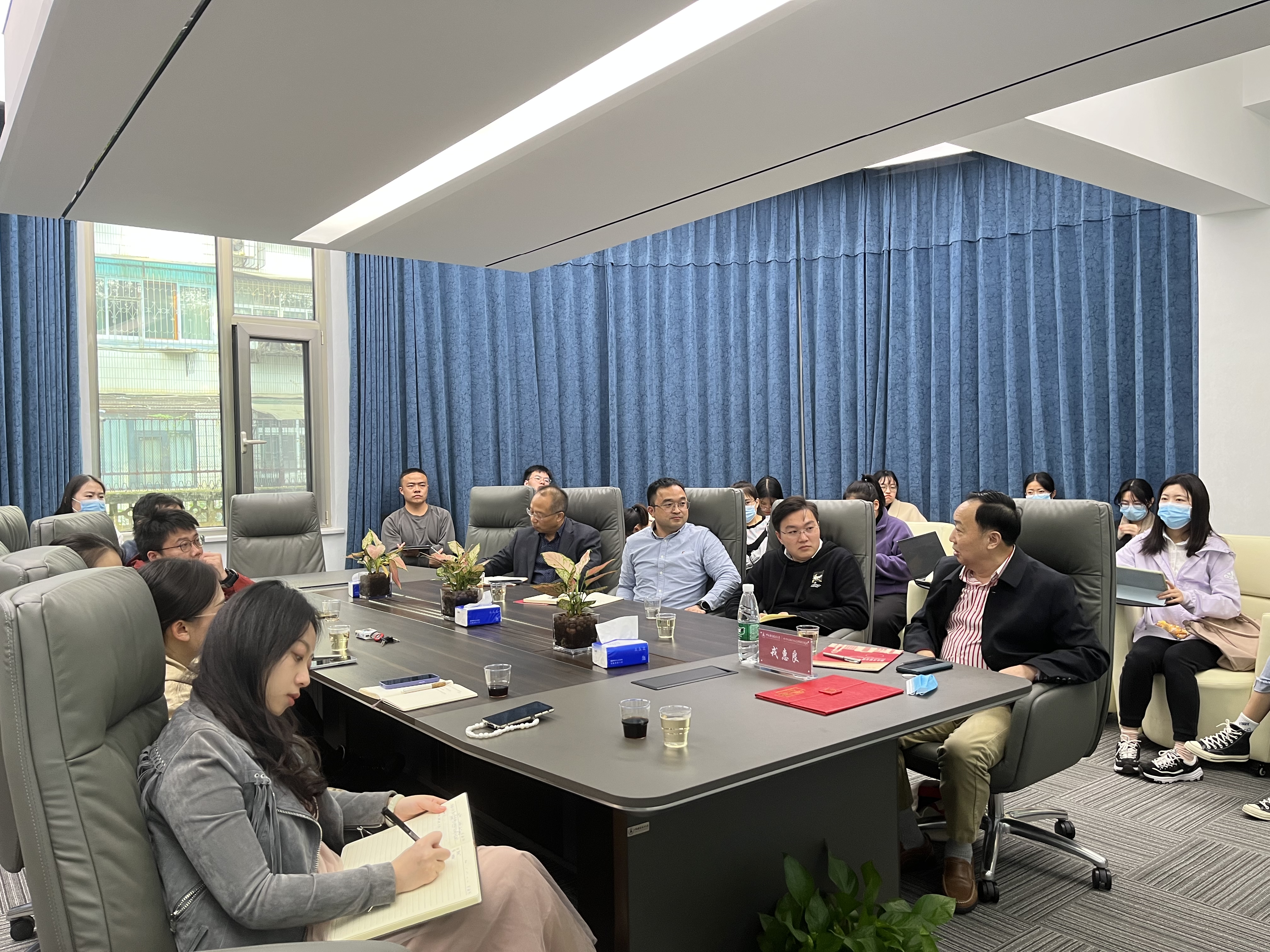
  Professor Rong's speech is passionate, vivid and interesting, with rich and detailed contents, which deeply attracted the teachers and students present. In the exchange session, the students and teachers discussed in depth the issues related to fiscal policy to help achieve common prosperity. Professor Rong's speech is not only helpful to deeply grasp the connotation and path of achieving the goal of common prosperity in China, but also enlightening for IIDPF to conduct relevant research.
